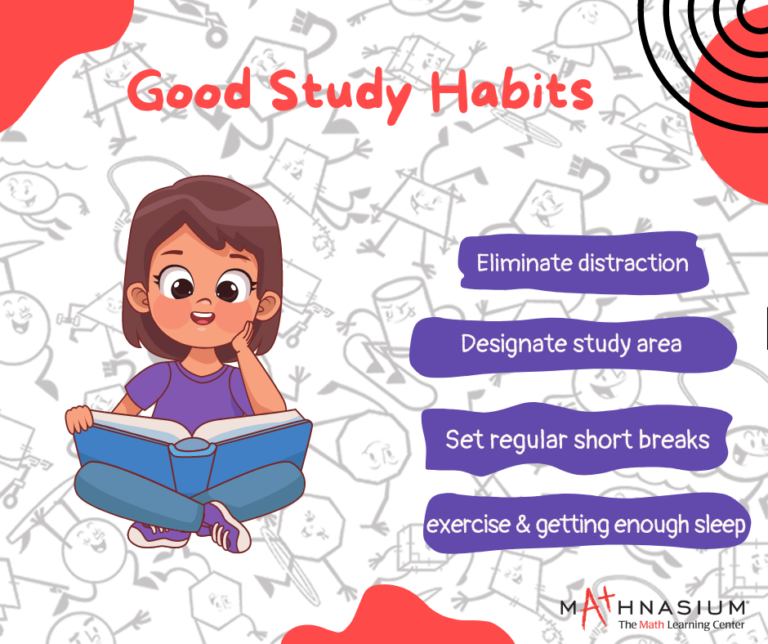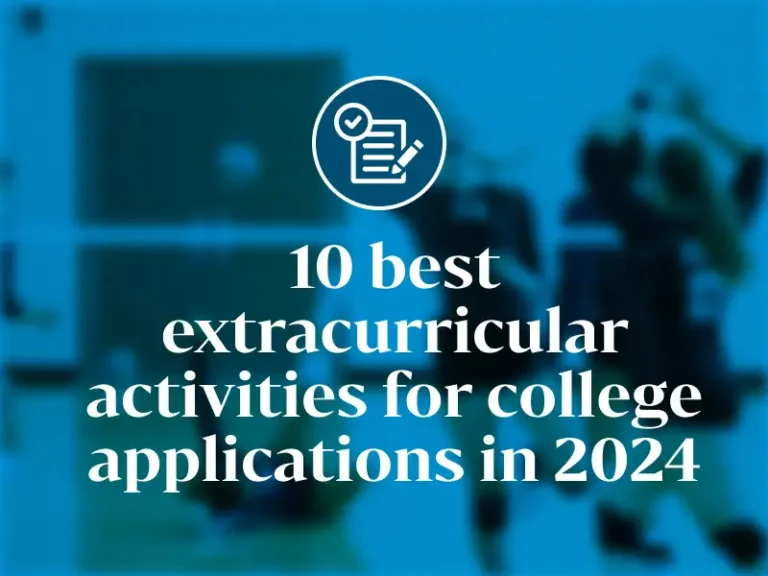Navigating Academic Challenges: Tips for First-Generation College Students
Being a first-generation college student can be both exciting and daunting. Without the benefit of family experience in higher education, many first-gen students face unique challenges as they navigate their academic journeys. However, with the right strategies and resources, these challenges can be managed effectively. This guide provides practical tips for first-generation college students to help them succeed academically and thrive in their college environment.
Understanding the First-Generation Experience
Defining First-Generation College Students
First-generation college students are those whose parents or guardians did not complete a four-year degree. This background can lead to feelings of uncertainty and isolation in a college setting, making it essential to understand the unique challenges faced by first-gen students, including:
- Navigating College Culture: Lack of familiarity with academic norms and expectations.
- Balancing Responsibilities: Managing coursework while juggling family or work commitments.
- Financial Concerns: Understanding financial aid, scholarships, and budgeting for college expenses.
Building a Support Network
Connecting with Peers
Establishing relationships with fellow students can provide emotional support and academic collaboration. Here are ways to build your network:
- Join Student Organizations: Participate in clubs or organizations that align with your interests, particularly those that focus on first-generation experiences.
- Study Groups: Form or join study groups to share resources, discuss class materials, and motivate each other.
Engaging with Faculty
Building connections with professors can enhance your academic experience. Consider these strategies:
- Attend Office Hours: Use this time to ask questions, seek advice, or discuss course material.
- Participate in Class: Engaging in discussions can help you build rapport with instructors and show your commitment to learning.
Utilizing Campus Resources
Academic Resources
Most colleges offer a variety of resources designed to support students:
- Academic Advising: Schedule regular meetings with your academic advisor to discuss course selection, degree requirements, and academic goals.
- Tutoring Services: Take advantage of tutoring centers for additional help in challenging subjects.
Mental Health and Wellness Services
Mental health resources are vital for maintaining your well-being. Look for:
- Counseling Services: Access mental health support if you feel overwhelmed or anxious.
- Wellness Programs: Participate in workshops focused on stress management, time management, and personal development.
Time Management Strategies
Creating a Schedule
Effective time management is essential for academic success. Here’s how to create a workable schedule:
- Use a Planner: Keep track of assignments, exams, and important dates in a physical planner or digital calendar.
- Set Priorities: Identify urgent tasks and allocate time accordingly, focusing on what needs to be done first.
Breaking Tasks into Manageable Chunks
Tackling large projects can be overwhelming. Use these strategies:
- Divide and Conquer: Break assignments into smaller tasks and set deadlines for each part.
- Use Time Blocks: Allocate specific time blocks for studying or completing assignments to maintain focus and productivity.
Developing Effective Study Habits
Finding Your Study Style
Experiment with different study methods to find what works best for you. Some effective techniques include:
- Active Learning: Engage with the material through summarizing, teaching others, or creating visual aids like mind maps.
- Regular Review: Schedule regular review sessions to reinforce learning and improve retention.
Creating a Dedicated Study Space
Establish a comfortable and organized study environment to minimize distractions and enhance focus.
Seeking Academic Support
Utilizing Professors and Teaching Assistants
Don’t hesitate to ask for help from your professors or teaching assistants. They can provide clarity on difficult topics or offer guidance on assignments.
Engaging with Peer Mentors
Many institutions have peer mentoring programs where experienced students provide support and advice to first-gen students.
Embracing Challenges
Recognizing the Learning Process
Understand that challenges are a natural part of the learning process. Embrace setbacks as opportunities for growth and development.
Staying Persistent
Resilience is key. Stay committed to your goals, even when faced with difficulties. Remember, many successful individuals have faced similar challenges.
Fostering a Growth Mindset
Embracing Change
A growth mindset encourages the belief that abilities can be developed through dedication and hard work. Cultivate this mindset by:
- Setting Realistic Goals: Aim for achievable milestones and celebrate your progress.
- Reflecting on Experiences: Take time to reflect on what you’ve learned from both successes and failures.
Surrounding Yourself with Positivity
Engage with people who inspire and motivate you. Positive influences can help reinforce a growth mindset and encourage persistence.
Conclusion
Navigating the academic landscape as a first-generation college student can be challenging, but it is also an opportunity for growth and success. By building a strong support network, utilizing campus resources, managing your time effectively, and embracing challenges, you can overcome obstacles and achieve your academic goals. Remember, you are not alone in this journey, and seeking help is a sign of strength. With determination and the right strategies, you can thrive in your college experience and pave the way for a bright future.






